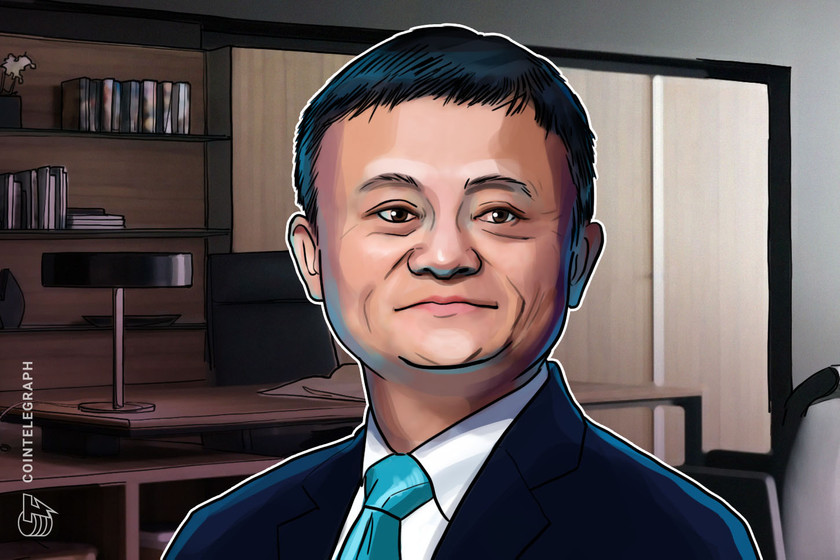Crypto Biz: Global AI race ramps up, Winklevoss $100M loan to Gemini, and more


Recent days have seen new players emerge in the race for artificial intelligence, with business giants announcing AI initiatives.
The artificial intelligence (AI) global race has taken on new players in the past days, with Twitter and Alibaba reportedly integrating the technology into their businesses. The Chinese giant is working on its own chatbot assistant, while the social media platform is apparently leveraging AI to “detect & highlight manipulation of public opinion”. It’s worth remembering that Twitter CEO Elon Musk recently spearheaded a letter calling for the halt of advanced AI development due to societal concerns. As the proverb says, “if you can’t beat your enemy, join them”.
While the AI landscape is taking shape, crypto exchange Gemini has secured a $100 million personal loan from its founders, Tyler and Cameron Winklevoss. Funding comes after alleged external capital raising attempts failed.
This week’s Crypto Biz looks at the AI market competition worldwide, the Winklevoss’ loan to Gemini and MetaMask move to allow crypto purchases.
Winklevoss twins infuse Gemini with $100M personal loan
Co-founders of crypto exchange Gemini Tyler and Cameron Winklevoss have reportedly dipped into their own pockets to fund the business amid the crypto market downturn through a personal $100 million loan. The cash injection follows previous attempts to raise capital from outside investors. The Winklevoss brothers are funding Gemini amid regulatory scrutiny in the United States. In January, the U.S. Securities and Exchange Commission charged Gemini with offering unregistered securities through the exchange’s Earn program.
Elon Musk reportedly buys thousands of GPUs for Twitter AI project
Tech billionaire Elon Musk seems to be making progress with his plans on developing Twitter’s artificial intelligence (AI) infrastructure. According to anonymous sources familiar with the company, the Twitter CEO recently purchased nearly 10,000 graphics processing units (GPUs) to be used on the platform. Typically, GPUs work on large-scale AI models due to the massive computation power required by the technology. The alleged purchase comes a few days after Musk spearheaded a letter calling for the halt of AI development due to societal concerns.
In the months ahead, we will use AI to detect & highlight manipulation of public opinion on this platform.
Let’s see what the psy ops cat drags in …
— Elon Musk (@elonmusk) March 18, 2023
MetaMask launches new fiat purchase function for cryptocurrency
MetaMask has announced the launch of a new feature that will allow users to purchase crypto with fiat currency directly from its Portfolio Dapp. According to MetaMask, the goal is to offer users an easier way to purchase crypto with fiat currency. A wide range of cryptocurrencies are available for purchase in the feature through debit and credit cards, as well as PayPal, bank transfers, and instant ACH (Automated Clearing House). The service will be rolled out to users in over 189 countries across eight different networks. MetaMask claims the service takes the user’s location into account and follows local regulations.
Tech giant Alibaba to roll out ChatGPT competitor AI
Chinese e-commerce giant Alibaba is joining the global artificial intelligence (AI) race with its own version of a chatbot assistant. Alibaba announced the rollout of the ChatGPT-like product in the “near future.” The new product will be called Tongyi Qianwen, which translates to English as “seeking an answer by asking a thousand questions.“ The chatbot will be first available in English and Mandarin. It will be also integrated with Alibaba’s vast ecosystem of tech businesses, including the workplace messaging app, DingTalk, and voice assistant smart speaker, Tmall Genie.
Crypto Biz is your weekly pulse of the business behind blockchain and crypto, delivered directly to your inbox every Thursday.


















